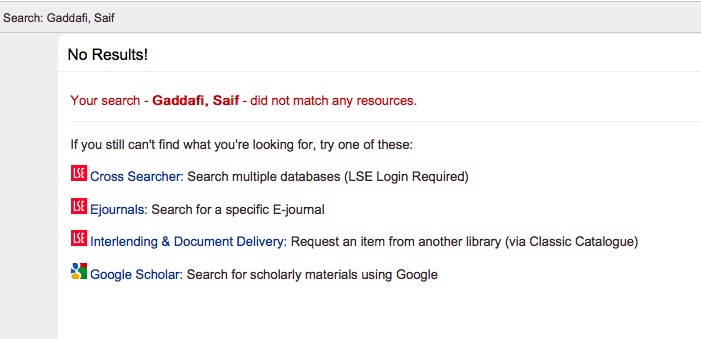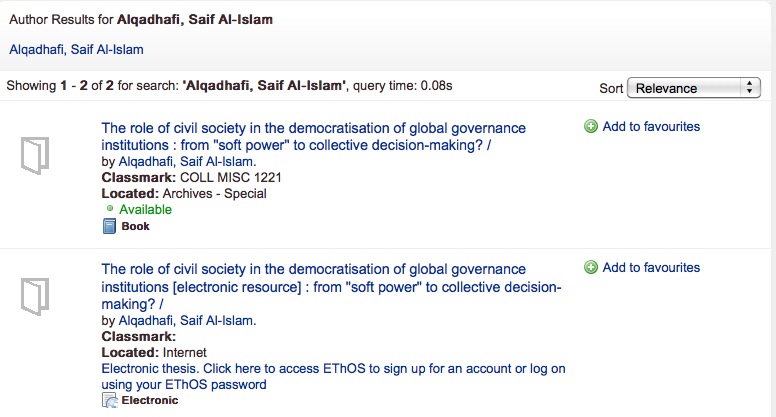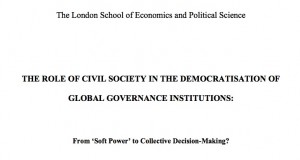Once upon a time, when Apple was mainly a computer manufacturer, people used to liken it to BMW. That was because it made expensive, nicely designed products for a niche market made up of affluent, design-conscious customers who also served as enthusiastic – nay fanatical – evangelists for the brand. It was seen as innovative and quirky but not part of the industry's mainstream, which was dominated by Microsoft and the companies making the PCs that ran Windows software. This view of Apple was summed up by Jack Tramiel, the boss of Commodore, when Steve Jobs first showed him the Macintosh computer. “Very nice, Steve,” growled Tramiel. “I guess you’ll sell it in boutiques.”
That was a long time ago…
Thus begins my Observer ‘Comment is Free’ piece on Apple’s transformation into the behemoth it has become. Towards the end of the piece, I mentioned Umberto Eco’s famous essay arguing that the Apple Mac was a Catholic device, while the IBM PC was a Protestant one. His reasoning was that, like the Roman church, Apple offered a guaranteed route to salvation – the Apple Way – provided one stuck to it. PC users, on the other hand, had to take personal responsibility for working out their own routes to heaven.
I’ve always thought that Eco’s essay was just a lovely literary conceit. But now, courtesy of Evegny Morozov, I find that there is even a scholarly literature on the subject. Or, at any rate, one learned article. It appeared in 2001 in the Oxford University Press journal Sociology of Religion: a quarterly review under the title “May the Force of the Operating System be with You: Macintosh Devotion as Implicit Religion” and the Abstract reads:
The purpose of this study is to consider the devotion of Macintosh computer enthusiasts as a case of implicit religion. Data was collected from two primary sources: twelve in-depth face-to-face interviews, and letters to the editor from MacAddict magazine. In addition, supplementary information was obtained from pro-Macintosh Web sites and magazines. Following Nesti (1997), Macintosh devotion was analyzed along four lines: (1) the search for meaning, (2) social forms, (3) the hidden message of the metaphor, and (4) the case of the voyage. I found that Mac devotees used the Macintosh as a “reflective medium” to discover meanings in the midst of changing computer technology. As an implicit religion, Macintosh devotion is based on the sacralization of the bond between people and computers. Its followers envision an utopian future in which humans and technology work together in harmony. Furthermore, the Mac enthusiasts adopted from both Eastern and Western religions a social form that emphasized personal spirituality as well as communal experience. The faith of Mac devotees is reflected and strengthened by their efforts in promoting their computer of choice.




